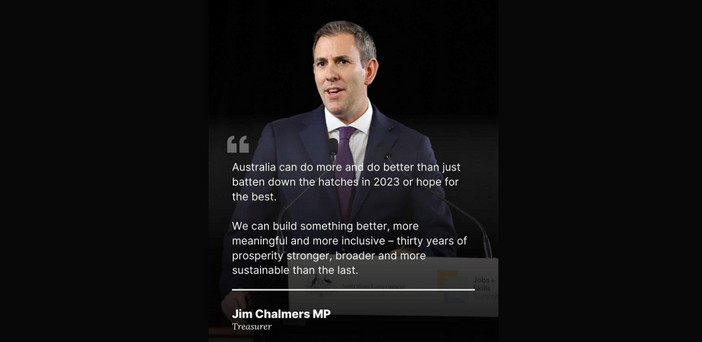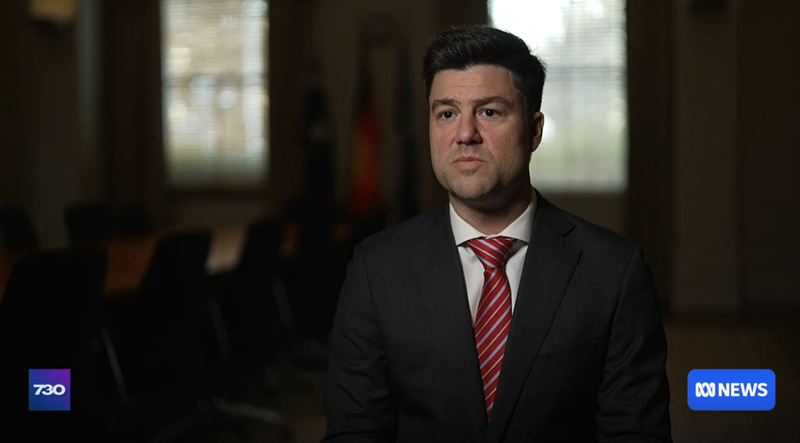Finally good news for aged care: Government looks to ‘investing for purpose’ to save the sector and the Budget
In a 6,000 word essay – titled ‘Capitalism after the crises’ – for The Australian’s The Monthly last weekend, the Treasurer indicated that the Government is looking to partner with the banks and super funds via a new social impact...

In a 6,000 word essay – titled ‘Capitalism after the crises’ – for The Monthly last weekend, the Treasurer indicated that the Government is looking to partner with the banks and super funds via a new social impact investing fund to fill the funding gap on the Budget’s big spenders: education, disability and aged care.
“We will try to expand the role for impact investing,” he wrote. “Across the social purpose economy, in areas such as aged care, education and disability, effective organisations with high-quality talent can offer decent returns and demonstrate a social dividend – but they find it hard to grow because they find it hard to get investors. Right now, the market framework that would enable that investment in effect doesn’t properly exist.”
Dr Chalmers acknowledged the reason for the shift – the Government doesn’t have the cash to meet the increasing costs of these programs.
“This is partly a reality of our fiscal position – the Federal Budget is deep in debt and under pressure – so the options for large, broad new programs are limited.”
But he points out that it’s not just about the money – it’s about delivering a social benefit:
“It’s also a purposeful choice – we want to change the dynamics of politics, towards a system where Australians and businesses are clear and active participants in shaping a better society.” “If we could redesign markets for investment in social purposes, based on common metrics of performance, many more well-run ‘for purpose’ organisations could get much more of the growth capital they need.”
In short, everyone – Government, taxpayers, investors – wins. The Aged Care Royal Commission and the previous Government came in for criticism for failing to answer the question of how to adequately fund the sector into the future. Will this be the answer? Having the Government as a co-partner reduces the risk for banks and super funds and increases the attractiveness of aged care as a long-term – and purposeful – investment. Importantly, it could deliver the optimism that providers and their funders need to invest in innovation and expanding their footprint. While the idea may not make the May Budget, it may just renew hope across the sector.





